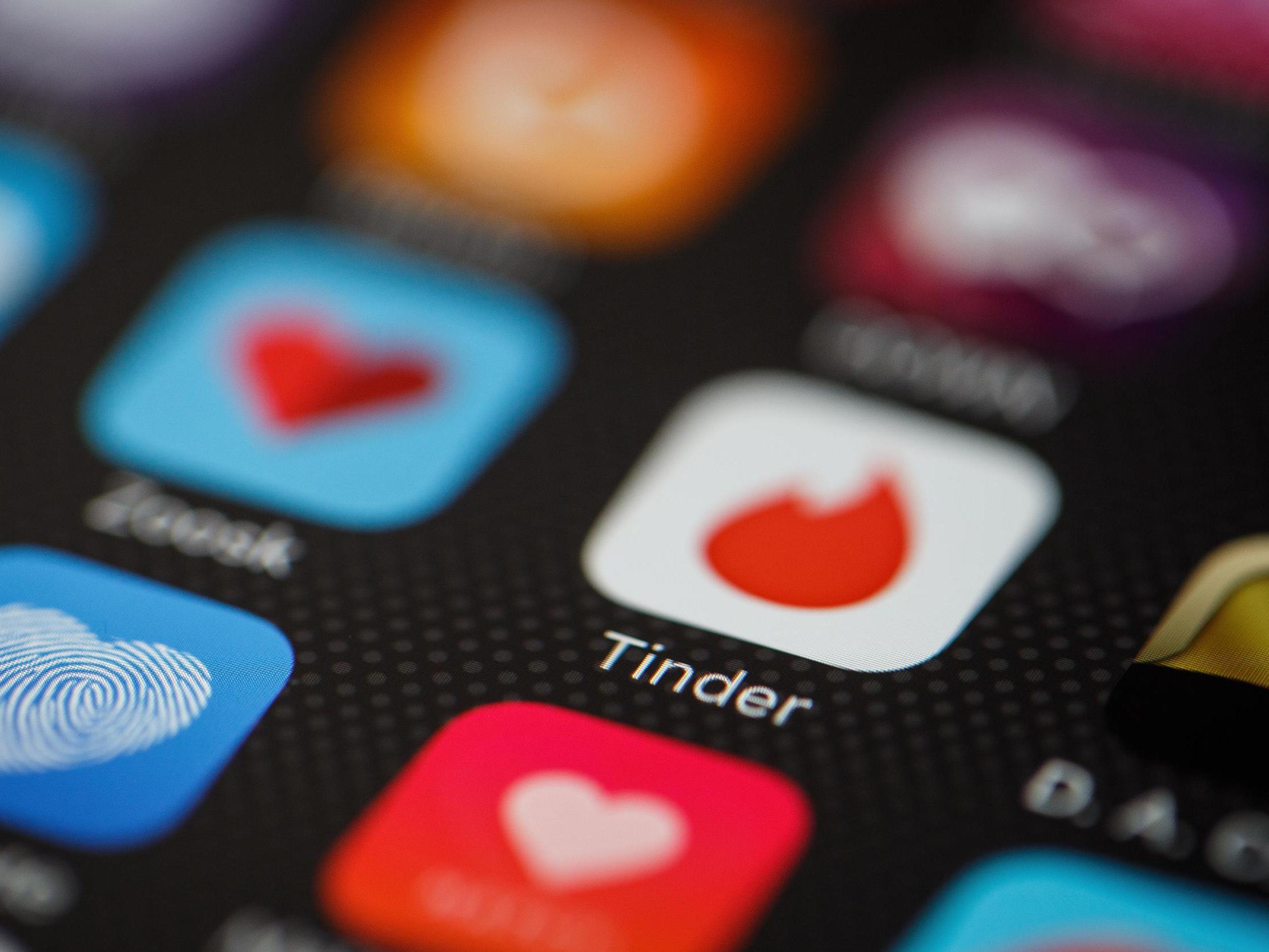Tinder ‘plans panic button’ for dangerous dates
App’s owner Match Group invests in Noonlight to introduce new safety features

Your support helps us to tell the story
From reproductive rights to climate change to Big Tech, The Independent is on the ground when the story is developing. Whether it's investigating the financials of Elon Musk's pro-Trump PAC or producing our latest documentary, 'The A Word', which shines a light on the American women fighting for reproductive rights, we know how important it is to parse out the facts from the messaging.
At such a critical moment in US history, we need reporters on the ground. Your donation allows us to keep sending journalists to speak to both sides of the story.
The Independent is trusted by Americans across the entire political spectrum. And unlike many other quality news outlets, we choose not to lock Americans out of our reporting and analysis with paywalls. We believe quality journalism should be available to everyone, paid for by those who can afford it.
Your support makes all the difference.Tinder is planning to introduce a panic button in an effort to improve user safety, it has been reported.
The new feature will be tested in the US from the end of January, the Wall Street Journal reported, allowing anyone who feels in danger during a date to raise the alarm.
The in-built safety feature would provide police with a person’s real-time location in case of an emergency.
Tinder’s parent company Match Group, which also owns Match, OKCupid and Plenty of Fish, said no data or personal information would be collected for advertising or used by Match Group itself.
Instead, a third-party safety app called Noonlight – which Match Group part-owns – will handle any alerts.
Once triggered in Tinder’s app, a Noonlight dispatcher texts and calls the user to see if they need help. The police are only contacted if the user requests help, or does not answer their phone.
If it is accidentally triggered, the alert process can be stopped by entering a code. However, there is still the risk of false requests.
“The false positives, believe me, we took them into account,” said Match chief executive Mandy Ginsberg. “If someone doesn’t respond, worst case someone shows up and knocks on the door. It’s not the worst thing in the world.”
Other new safety features planned for Match’s suite of dating apps include photo verification and an updated in-app safety centre.
A recent investigation by ProPublica and Columbia Journalism Investigations found that Match Group did not have a uniform safety policy across its apps and claimed it allowed known sexual predators to use them.
The dating giant admitted at the time that it would not know if registered sexual offenders were using its platforms, as it did not collect enough personal information.
“As technology evolves, we will continue to aggressively deploy new tools to eradicate bad actors,” a Match Group spokesperson said at the time.
Bars and restaurants have previously offered low-tech ways of raising the alarm, including asking for a pseudonymous staff member to alert workers to danger
Join our commenting forum
Join thought-provoking conversations, follow other Independent readers and see their replies
Comments